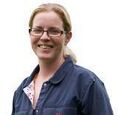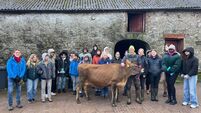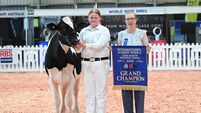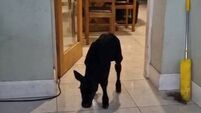Paula Hynes: A visit from Cambodia via UCC
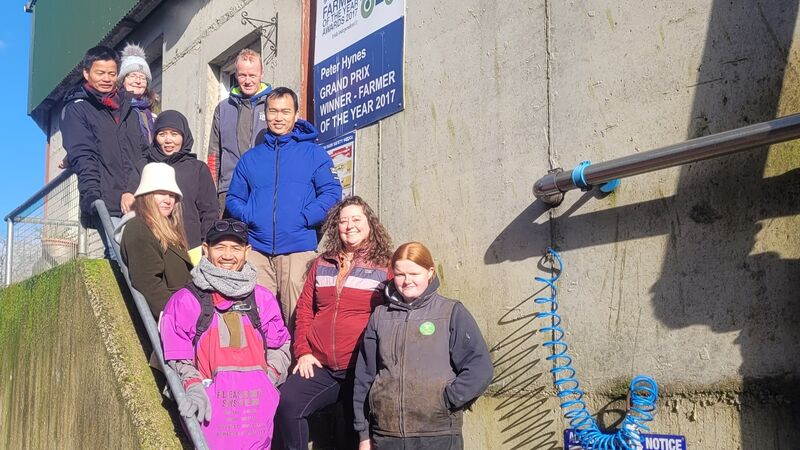
Cambodian delegates visiting the Hynes dairy farm with Dr Noreen Byrne of UCC this week
We are no strangers to having international visitors on our farm and the one thing I love about meeting people from new countries is that it is always a learning experience for us as well, with us also getting to know farming practices from other countries.
This week, amidst the hectic schedule of calving season, we hosted a delegation from Cambodia, which comprised university researchers and Ministry for Agriculture staff.
